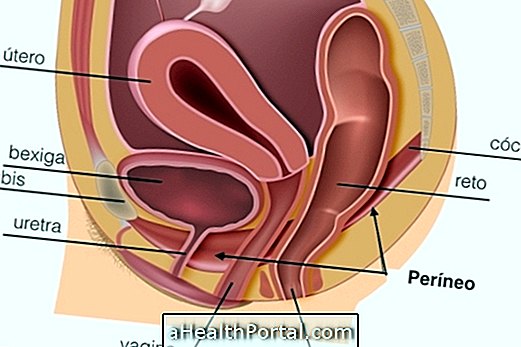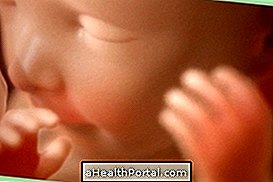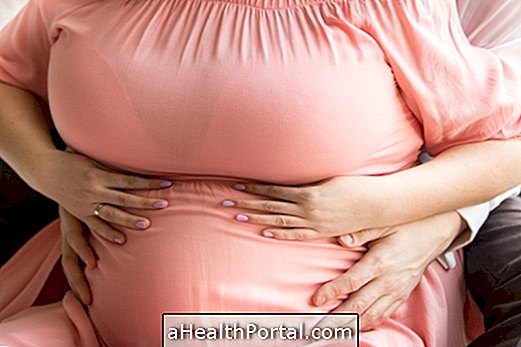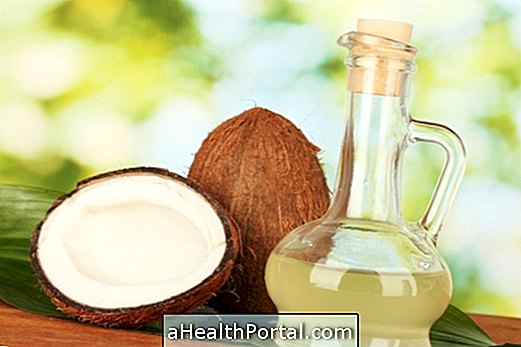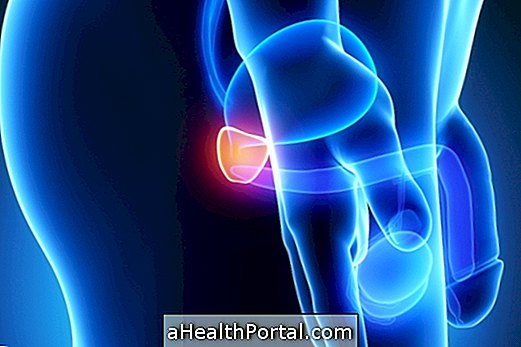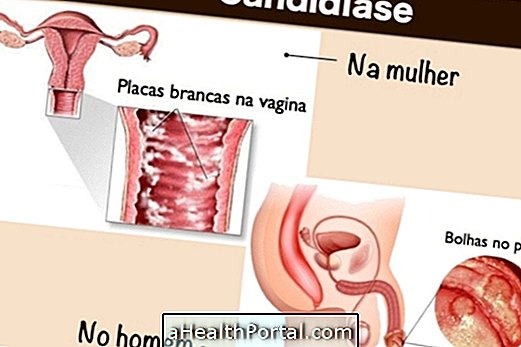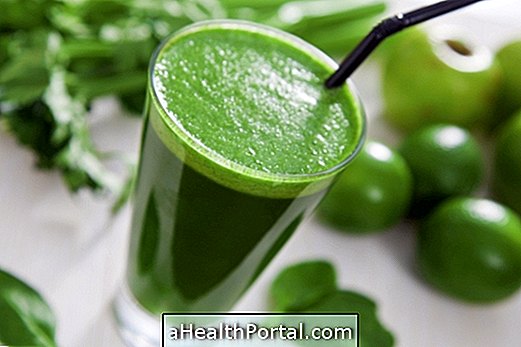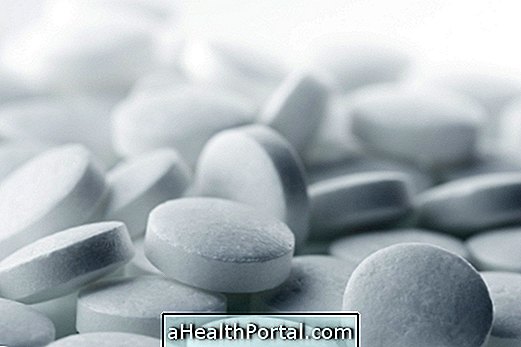A great natural and simple remedy for pregnancy gasses is lemon balm tea because of its soothing and anti-spasmodic actions that help relieve pain and discomfort.
To make tea, simply put 2 tablespoons of lemongrass leaves in a boiling cup, let stand for about 10 minutes, strain and drink up to 3 cups of tea per day.

Gases in pregnancy do not harm the baby, but can cause severe belly pain and abdominal discomfort in the pregnant woman, which can be alleviated with fennel tea, for example, or with obstetric-prescribed remedies such as dimethicone.
How to treat gas during pregnancy
Gases in pregnancy can be treated with medicine prescribed by the obstetrician like Luftal or Dimethicone, which helps to eliminate gas more easily, reducing discomfort and pain.
Another option to treat gas during pregnancy is the application of a microclister, such as Microlax, which can be purchased at a pharmacy. The pregnant woman should follow the directions for use that come from the package leaflet or the package itself.
Food to combat gases
Watch the following video on how to combat and avoid gases:

What to do to avoid gas in pregnancy
It is normal to have an increase in the production of gases during pregnancy, because an increase occurs in the hormone progesterone, which relaxes all tissues of the body, including those of the digestive system, slowing digestion and favoring the formation of stomach and intestinal gases.
To avoid the gases in pregnancy, the pregnant woman should:
- Avoid eating difficult-to-digest foods and fizzy drinks;
- Avoid foods that cause gas, such as: sweet potatoes, eggs, cabbage, onions, broccoli, beans, chickpeas, fried foods, peas, peaches and grains;
- Avoid talking while eating;
- Eat slowly and chew foods very well;
- Wear loose, comfortable clothing;
- Walk daily;
- Avoid chewing gum.
Exercising lightly and breathing deeply also helps to improve digestion, promotes peristaltic movements of the gut, helping to eliminate the gases and decreasing their formation.
How to Identify Gases in Pregnancy
Gases both at the beginning and at the end of pregnancy are more common after main meals and can be avoided with some simple habits such as avoiding the consumption of foods that cause gas and avoid eating too much in the same meal. This, in addition to decreasing the formation of gases, decreases heartburn and burning, which are also common during pregnancy.
Symptoms of gas during pregnancy include:
- Severe abdominal pain, sometimes pinched;
- Flatulence;
- Constipation;
- Intestinal colic.
When in addition to these symptoms, the pregnant woman presents only abdominal pain on one side, nausea, vomiting or diarrhea, she should consult the obstetrician who accompanies the pregnancy.


